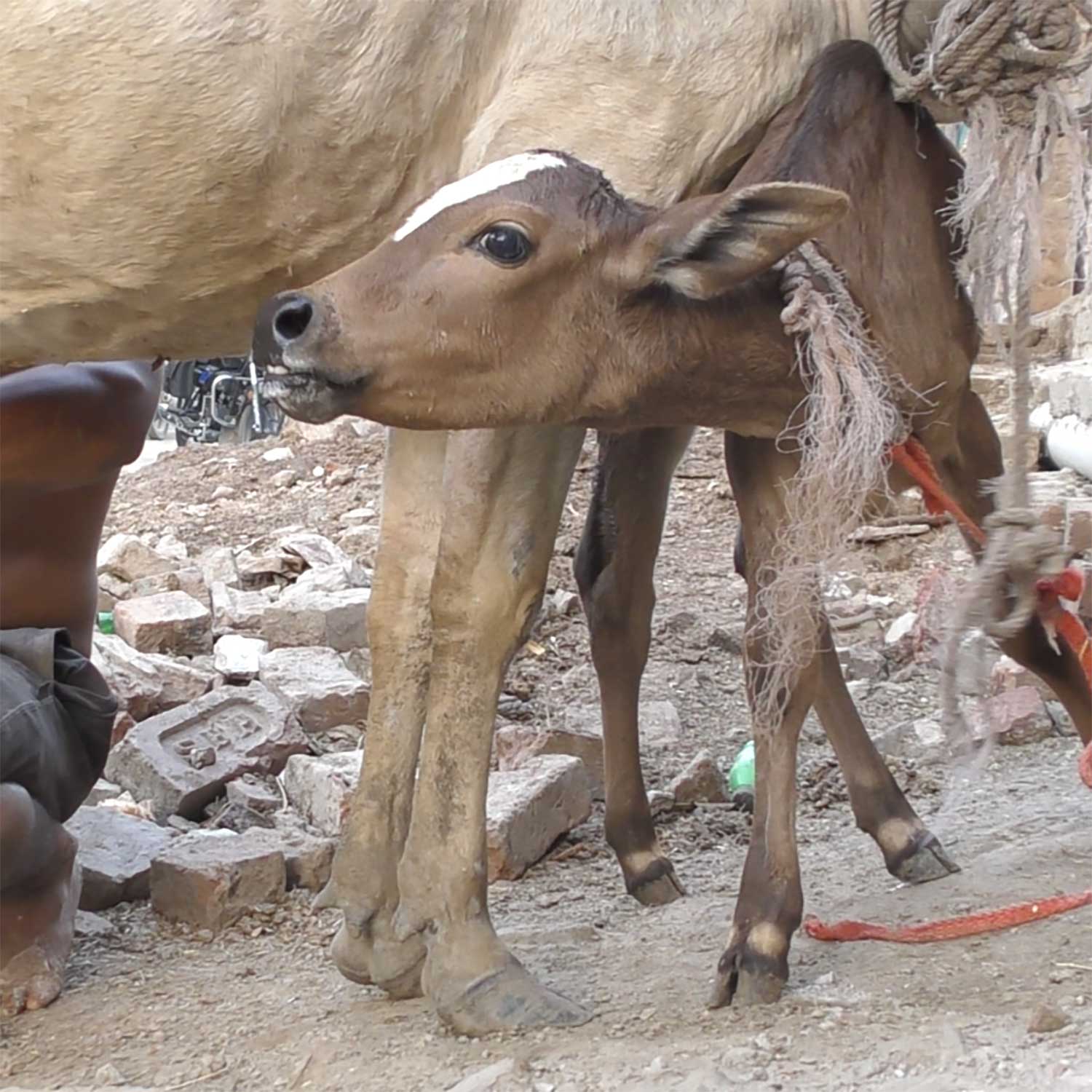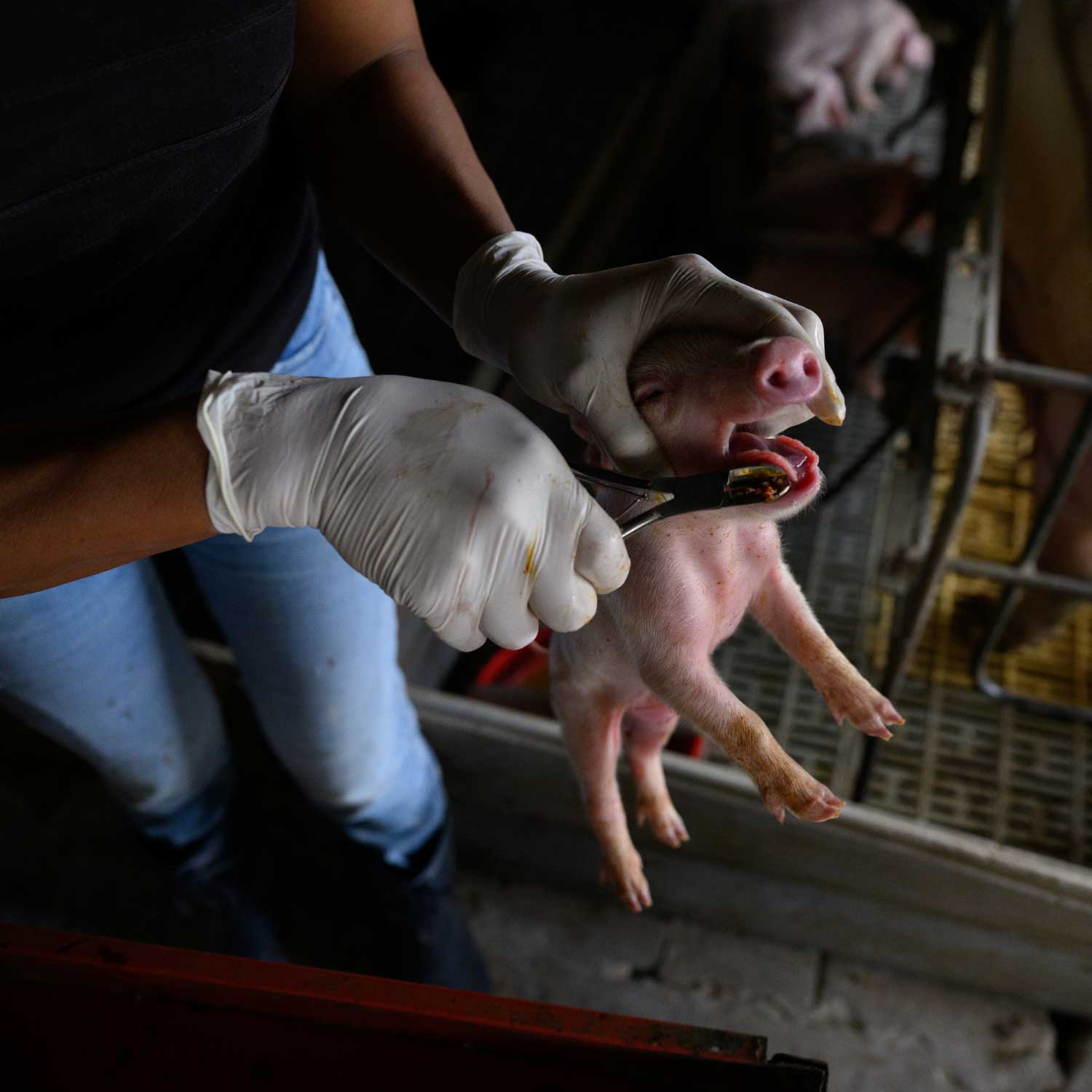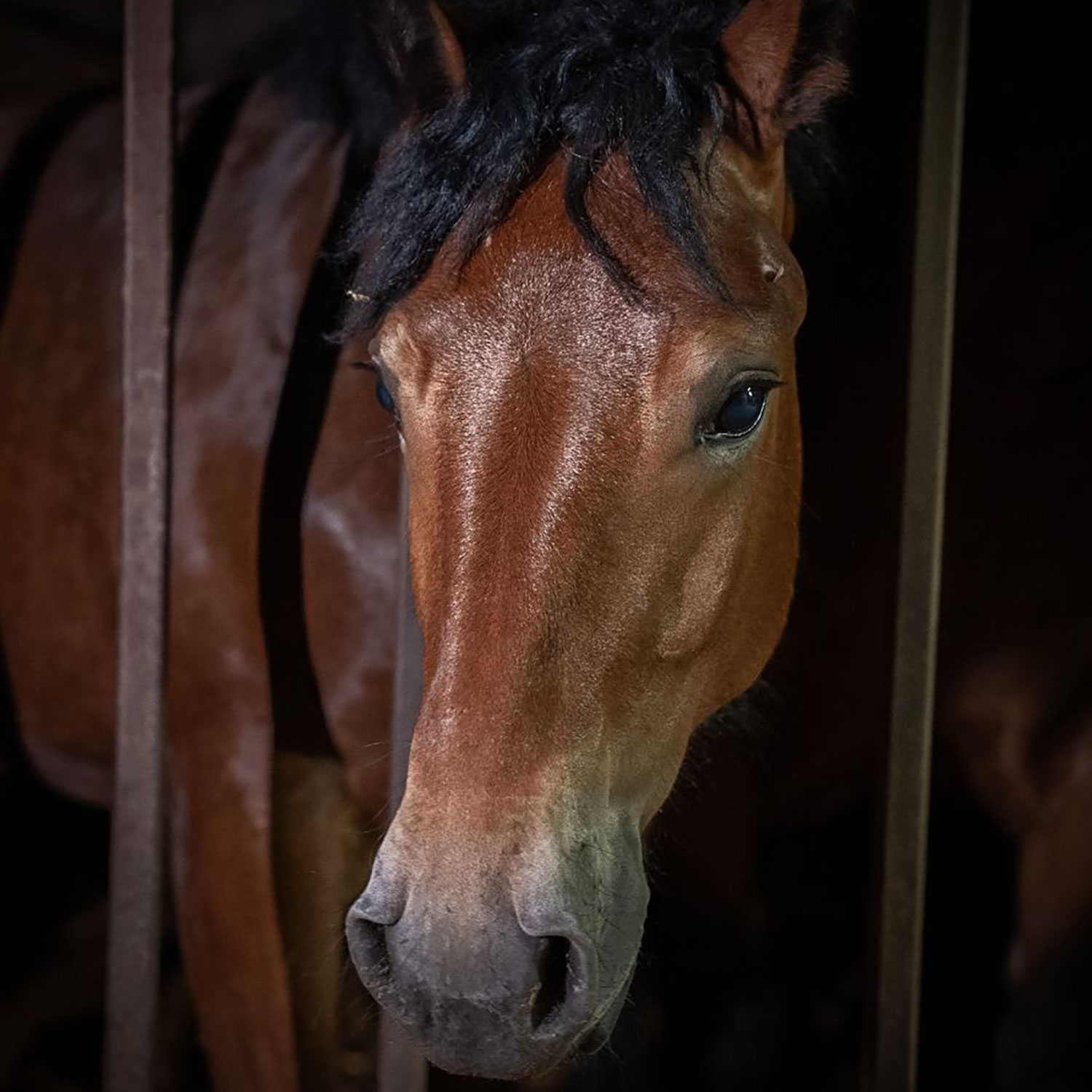Animal Equality Wins Groundbreaking Animal Welfare Policy
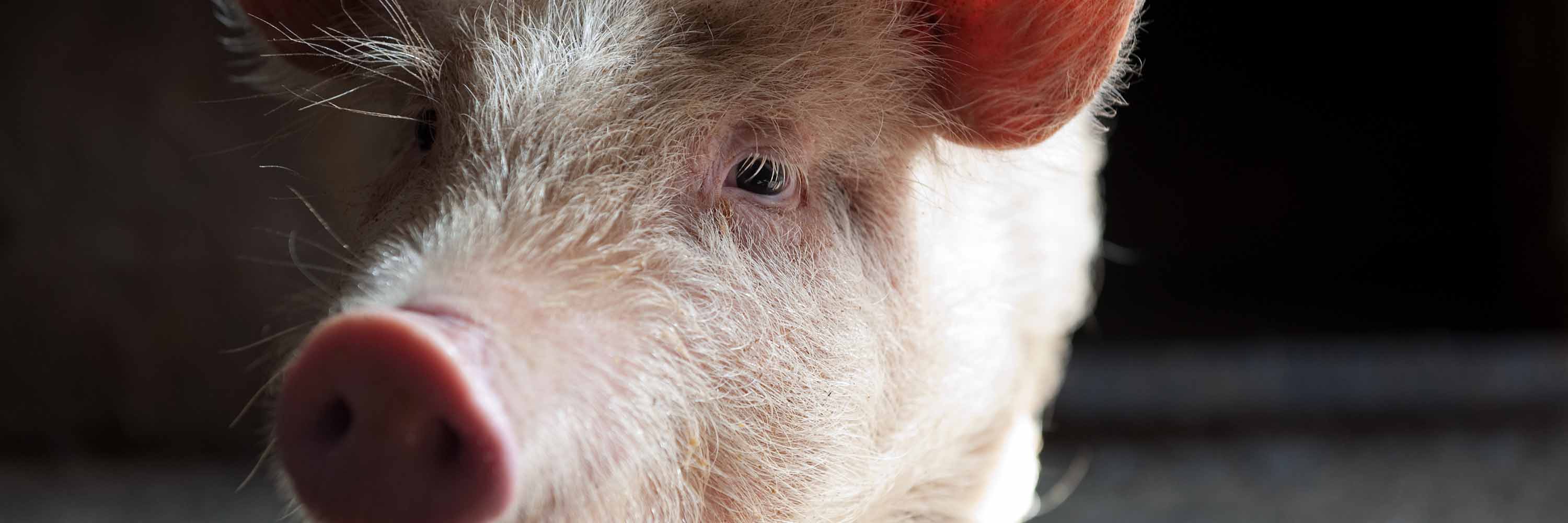
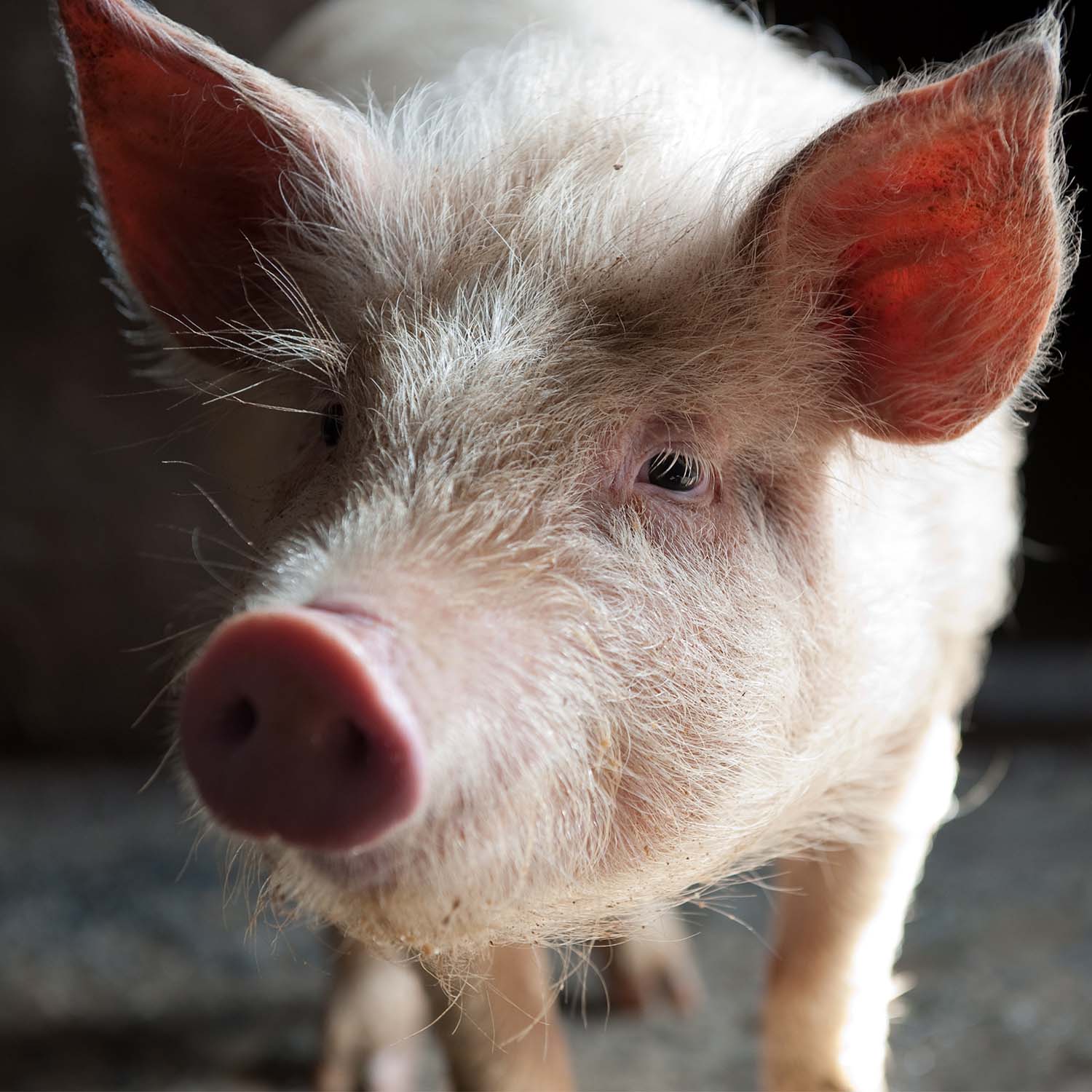
The world’s largest foodservice provider, Compass Group, has confirmed its commitment to eliminate gestation crates for pigs in its U.S. supply chain. This results in one of the strongest animal welfare policies in the food sector.
Announced on November 1st, the decision comes a few short months after Animal Equality launched a strong campaign against Compass Group. One week prior, Animal Equality protested outside Bank of America, a client of Compass, in Austin, TX.
Compass Group will eliminate gestation crates in the U.S. by the summer of 2023, providing regular updates on this progress. The updated animal welfare policy also includes meaningful protections for chickens killed for meat, as well as a commitment to end the use of eggs from caged hens.
With this new commitment, Animal Equality recognizes and appreciates Compass Group’s progress in making meaningful improvements for animals in its supply chain, which will impact the lives of hens, chickens, and mother pigs. We will continue to ensure that policies and deadlines are rigorously met. Animal Equality will never stop working and campaigning until all forms of extreme abuse towards farmed animals are part of the past.
-Sharon Núñez, President for Animal Equality
Gestation Crates for Mother Pigs
Confined to 7-by-2-feet gestation crates, the majority of America’s 6 million mother pigs live in spaces barely larger than their own bodies. They are unable to turn around or exhibit any natural behaviors for most of their lives. Many resort to biting the crates’ metal bars and banging their heads against them from stress.
Gestation crates have been dubbed by Professor Ian Duncan, a scholar of animal welfare at the University of Guelph, as “one of the cruelest forms of confinement devised by humankind.”
Crates for mother pigs have been banned in ten U.S. states – Arizona, California, Colorado, Florida, Maine, Massachusetts, Michigan, Ohio, Oregon and Rhode Island – as well as in the United Kingdom and Sweden. Nearly 100 companies in the U.S. have committed to banning these crates, including Aramark, Nestlé, Campbell’s, and Kraft Heinz.
Compass Group originally made a public commitment to end crates for mother pigs in 2012. The company published a statement on its website announcing the new policy but remained inactive on its promise for over a decade. The policy was later deleted from its website after only a 10% reduction in the use of gestation crates.
Animal Equality’s Campaign Against Compass Group
In July of 2022, Animal Equality launched a campaign against the multi-billion dollar company to call out its abandoned commitment. Animal activists and supporters sent thousands of emails and tweets to Compass executives and clients, including Google, Nike, Boeing, and Bloomberg. Together, they asked the company to “break ties with cruelty.” The company remained unresponsive.
Animal Equality then organized a protest outside Bank of America, a powerful client of Compass Group, in Austin, TX. Protesters showed up with signs and photos of pigs in gestation crates, taken by the organization during undercover investigations. The protest called on Bank of America to use its influence and urge Compass to keep its commitment.
Within a week, Compass Group renewed its policy to eliminate gestation crates for mother pigs in its supply chain.
Our team and our supporters worked tirelessly to hold Compass Group accountable for the sake of mother pigs. This is one of the biggest campaigns won by Animal Equality and it shows just how influential our voices can be to help protect animals suffering for their meat.
-Dane Charbeneau, Campaigns Manager for Animal Equality
How you can make a difference for farmed animals:
You, too, can make meaningful choices that protect farmed animals. Animal defenders around the world have already replaced meat, dairy, and eggs with delicious, plant-based favorites. To get started on your own journey, simply visit Love Veg for inspiration and plant-based recipes.
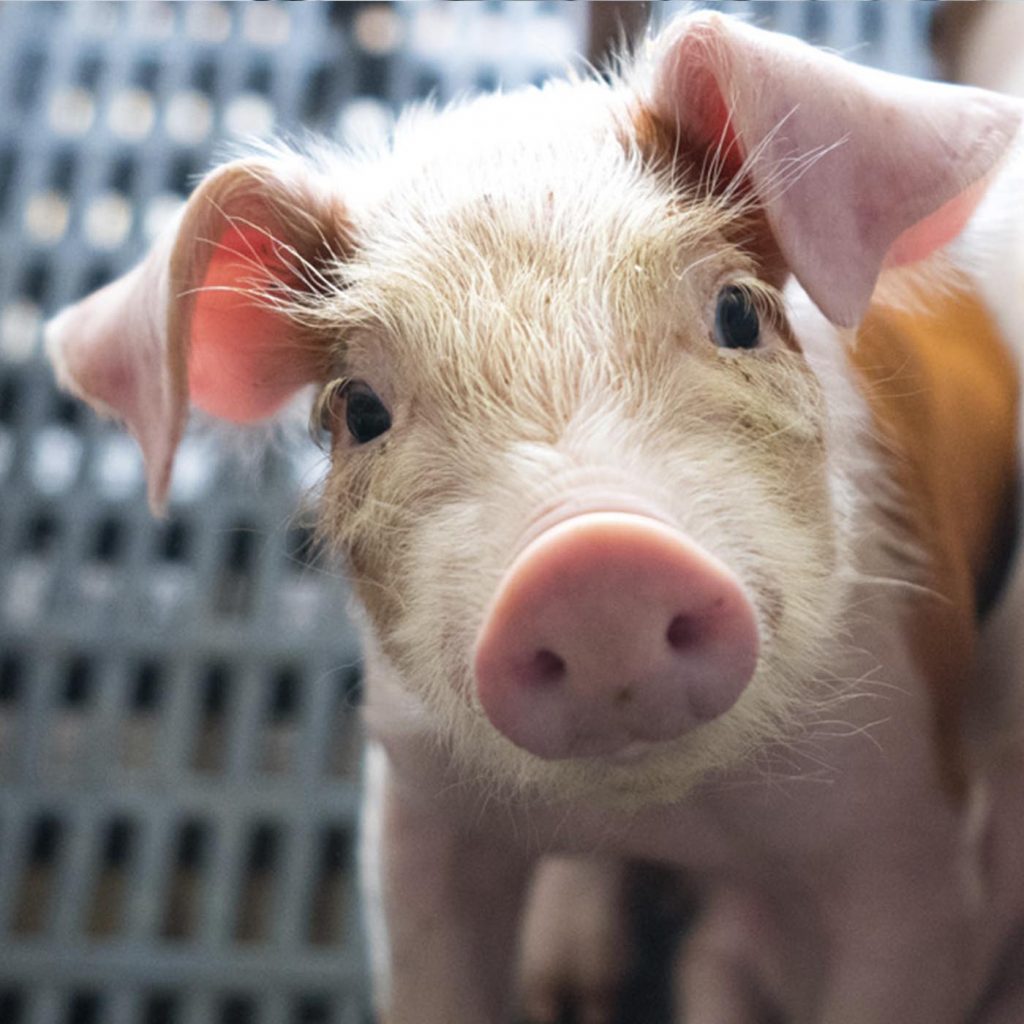
SAVE ANIMALS FROM ABUSE
Pigs, cows, and other animals feel pain and deserve to be protected from abuse.
You can protect these intelligent animals by simply choosing plant‑based alternatives.

